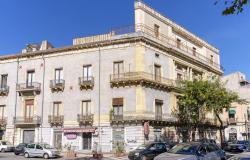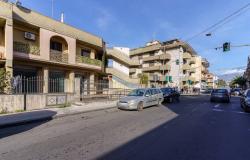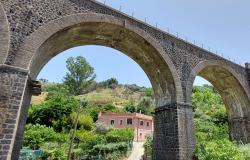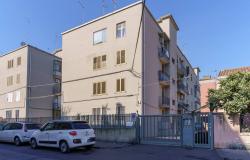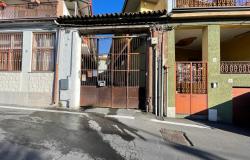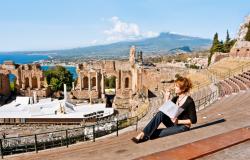 Plans by Italy's new transport minister to scrap a multi-billion-euro project for a bridge between Sicily and the mainland were at the centre of a political storm on Thursday.
Plans by Italy's new transport minister to scrap a multi-billion-euro project for a bridge between Sicily and the mainland were at the centre of a political storm on Thursday.
A long-simmering row over the bridge, a key plank in the former administration's public works program, flared back up after Alessandro Bianchi said it was one of the "most useless and damaging projects" in Italy over the last 100 years. Speaking after the swearing-in of the new government on Wednesday, Bianchi said the bridge should be kept "far away" from any future programs.
The suspension bridge across the Messina Strait has been a source of controversy ever since the Silvio Berlusconi executive approved a decree for its construction in 2002.
It has been opposed by environmentalists and dogged by concerns over its safety.
Investigations are also under way into alleged Mafia involvement in allocating the contracts. However, many local politicians and industrialists
support the project, insisting it is essential to any efforts to pull Sicily out of its deep-rooted economic doldrums. Bianchi's plan to ditch the project met with a mixed response from other coalition allies, some of whom are more opposed to the bridge than others.
The House whip for the small Italian Communists Party, Pino Sgobio, praised the minister's remark, saying it fulfilled a centre-left electoral promise to halt the project. However, new Infrastructure Minister Antonio Di Pietro, was more cautious.
"I believe such important questions should be dealt with first within the cabinet and then by the relevant parliamentary committees," said Di Pietro, whose post was combined with that of transport minister under the last government. The apparent contrast between the two ministers'
positions immediately drew the attention of the centre-right opposition,
"Not even a day has passed since the transport and infrastructures ministries were split and already there is a serious contradiction in planning policy," remarked former Deputy Transport Minister Mario Tassone. Other centre-right politicians cited financial concerns. Maria Burani Procaccini of Berlusconi's Forza Italia party said it would cost the government a billion dollars to break the public works contracts that have already been signed, while Sicilian Governor Salvatore Cuffaro said the bridge was vital for the island's future.
"The Messina Bridge will draw international attention to Sicily," he said.
Key Italian organizations refused to be drawn on the latest row, although Ettore Artioli, deputy president of industrialists' association confindustria, said the bridge was more than just a symbol, as some had suggested. "It forms part of an overall infrastructure network," he
said. Italy's cement industries association, Assobetan, said it was fed up with arguments, stressing that Italy needed better infrastructure urgently, while the head of the Italian Mayors' Association, Claudio De Albertis, said the government should make up its mind and stick to it.
Meanwhile, shares in the engineering group Impregilo, heading a consortium chosen to build the bridge, were down 4.5% on the Milan stock market by the end of Thursday trading.
When and if completed, the bridge would replace slow and overloaded ferry links between Sicily and the mainland. It will be 3,690 metres long, although the entire length of the construction could reach 5,070 metres. It is designed to be able to handle 4,500 cars an hour and 200 trains a day.
Work on the 6.5 billion euro structure - the world's longest suspension bridge - was scheduled to start later this year and end in 2012, although the most recent estimates suggest nothing would get under way before 2007 at the earliest. In addition to safety and Mafia concerns, the project
was plunged into a fresh crisis earlier this year after large swathes of land at both ends of the bridge were granted special EU protected status, owing to their unique bird and wildlife populations.
